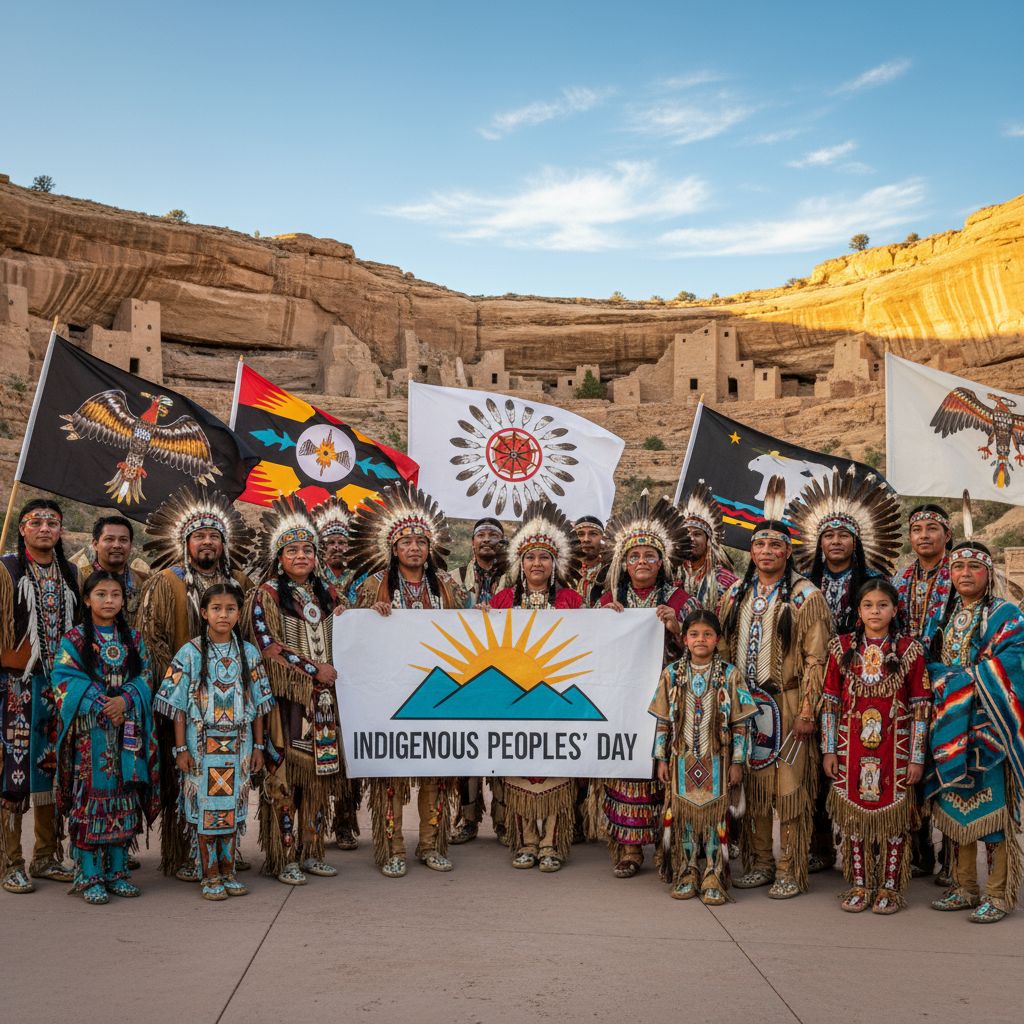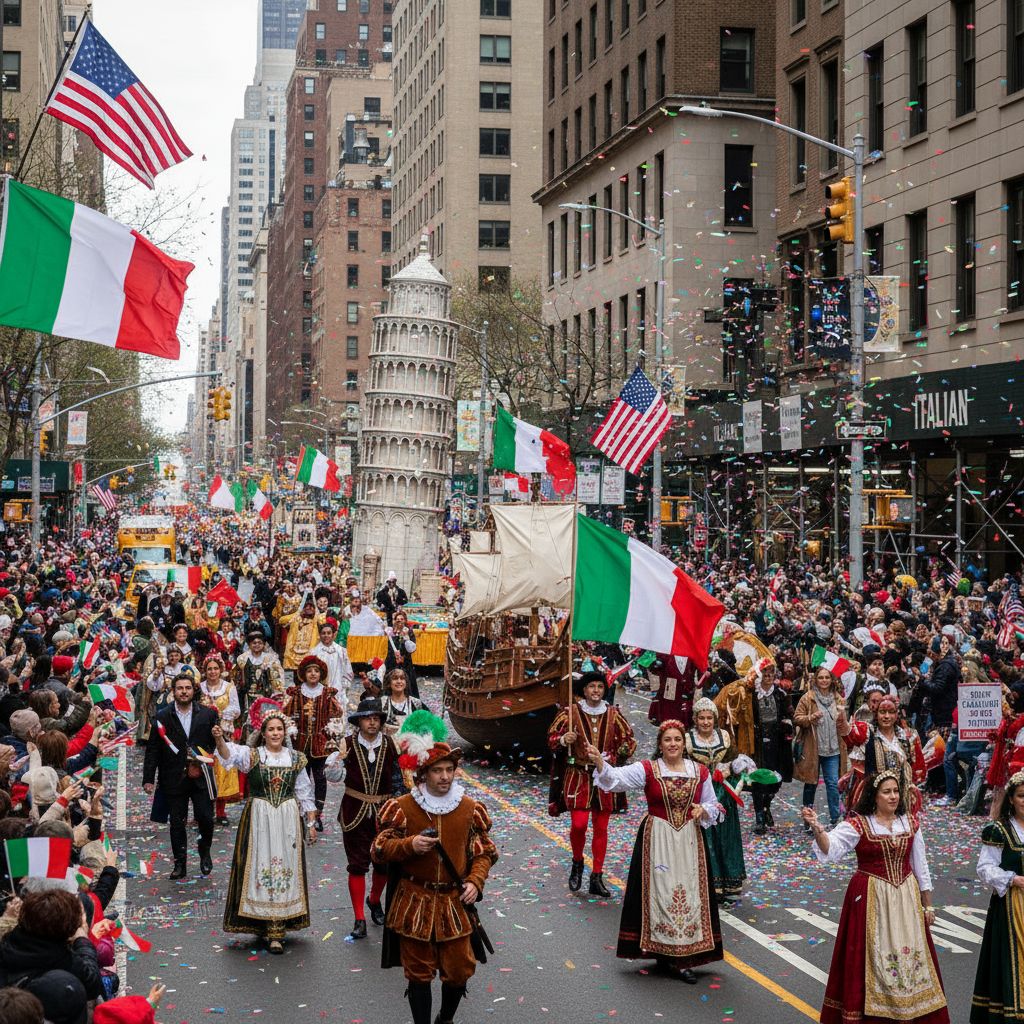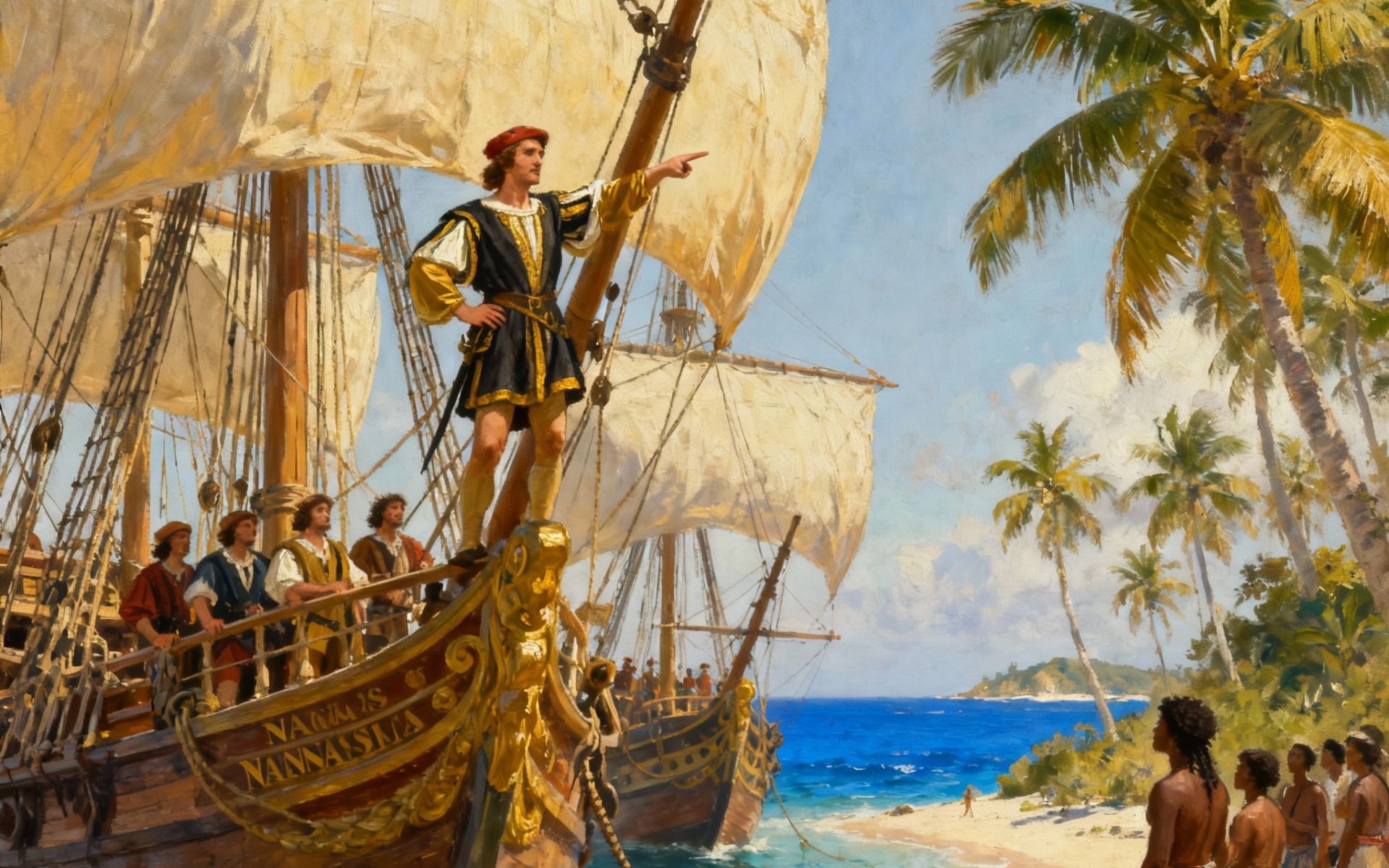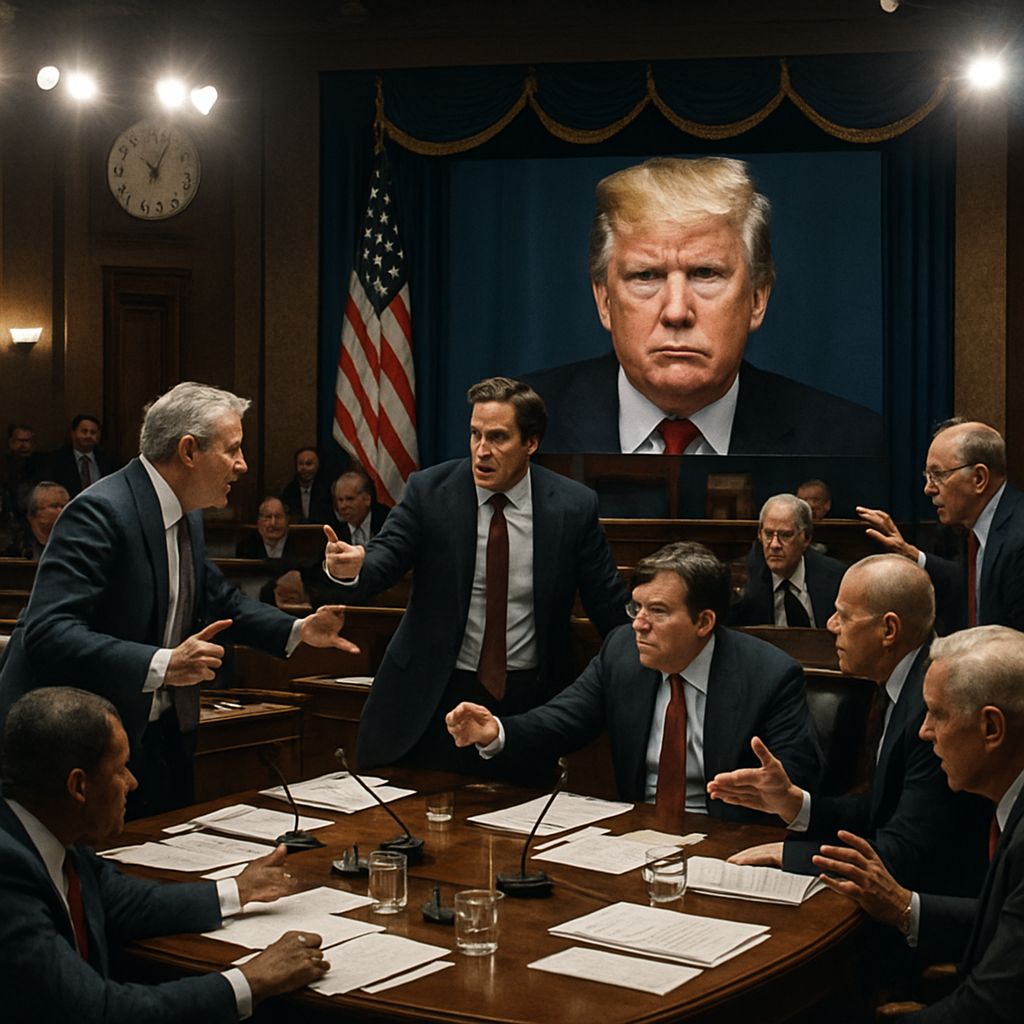The second Monday in October has become America's most politically charged federal holiday, as Columbus Day 2025 on October 13 continues to ignite passionate debates across the nation. What was once a simple celebration of Italian American heritage has transformed into a cultural battleground that pits historical commemoration against calls for Indigenous recognition.
Trump Reignites the Columbus Controversy
President Donald Trump has dramatically escalated the holiday's political significance with his 2025 proclamation declaring October 13 exclusively as Columbus Day. In fiery language, Trump called Christopher Columbus "the original American hero" and "a giant of Western civilization," while condemning what he termed "left-wing arsonists" who have sought to "destroy and dishonor" Columbus's memory.
The proclamation represents a sharp reversal from the Biden administration, which recognized both Columbus Day and Indigenous Peoples' Day simultaneously. Trump's declaration explicitly refuses to acknowledge Indigenous Peoples' Day at the federal level, setting up what promises to be ongoing political battles over how America remembers its history.
The Great Holiday Divide: States Choose Sides
The nation remains deeply split on how to observe October 13, creating a patchwork of competing holidays across America:
States Celebrating Columbus Day Only:
Most of the remaining 30 states that recognize Columbus Day
Traditional celebrations continue with parades and Italian American cultural events
States Celebrating Indigenous Peoples' Day Instead:
Maine, New Mexico, Vermont, and Washington D.C. have completely replaced Columbus Day
South Dakota renamed it Native Americans' Day back in 1990
States Celebrating Both:
Montana, Nebraska, Ohio, Pennsylvania, and Rhode Island observe both holidays simultaneously
Alabama calls it American Indian Heritage Day alongside Columbus Day

The Dark History Behind the Holiday Debate
The controversy stems from dramatically different perspectives on Christopher Columbus's legacy. While supporters celebrate his "discovery" of the Americas in 1492, critics point to devastating consequences for Indigenous peoples.
Columbus's Documented Actions Include:
Enslaving thousands of Native Taíno people and shipping them to Spain
Implementing brutal forced labor systems in gold mines
Selling children as young as 9-10 into sexual slavery
Ordering public beheadings and mutilations to terrorize Indigenous populations
The demographic impact was catastrophic: Hispaniola's Indigenous population plummeted from approximately 250,000 in 1492 to just 14,000 by 1517. Some historians estimate European contact decimated up to 90% of Native American populations across the hemisphere.
Italian American Heritage: The Holiday's Original Purpose
Columbus Day's creation had nothing to do with glorifying conquest — it was born from anti-Italian prejudice and violence. The holiday was first proclaimed by President Benjamin Harrison in 1892, largely in response to the mass lynching of 11 Italian Americans in New Orleans in 1891.
Italian Americans were the second-largest ethnic group to be lynched in the United States. The holiday served as both an apology and recognition that America was "a nation of immigrants". For generations, Italian American families have embraced Columbus Day as a symbol of their identity, pride, and acceptance in American society.
The "Father of Columbus Day," Angelo Noce, an Italian immigrant who arrived in California during the Gold Rush, successfully lobbied for the holiday's recognition in 35 states. Today, cities with large Italian American populations like New York and San Francisco continue hosting major Columbus Day parades, though the 2025 New York parade was cancelled due to severe weather.

Indigenous Peoples' Day: The Growing Counter-Movement
Indigenous Peoples' Day emerged in the 1970s as Native American activists sought to reclaim October 13 from what they viewed as a celebration of genocide. The movement gained significant momentum during the 1990s, particularly around the 500th anniversary of Columbus's voyage.
Berkeley, California hosted the first official Indigenous Peoples' Day celebration in 1992, and the movement has since spread nationwide. By 2021, President Joe Biden became the first U.S. president to formally recognize Indigenous Peoples' Day alongside Columbus Day.
The alternative holiday focuses on celebrating Native American resilience, culture, and contributions to American society. Events typically include powwows, art exhibitions, storytelling, and educational programs about Indigenous history.
What's Open and Closed on Columbus Day 2025
As a federal holiday, Columbus Day 2025 affects millions of Americans' daily routines:
CLOSED:
Federal government offices
Most banks and credit unions
U.S. Postal Service (no mail delivery)
Many public schools
Federal courts
OPEN:
Stock markets (NYSE and NASDAQ)
Most retail stores (Walmart, Target, Costco)
Private businesses
Many state and local services
The bond market remains closed despite stock exchanges operating normally.
The Political Battle Lines
The Columbus Day debate has become deeply entrenched along partisan lines. Trump's 2025 proclamation presents a white Christian nationalist interpretation, emphasizing Columbus's role in spreading Christianity and Western civilization. The declaration claims Columbus was "guided by steadfast prayer" and that his voyage carried "thousands of years of wisdom, philosophy, reason, and culture across the Atlantic".
Meanwhile, 57% of Americans support celebrating Columbus Day according to recent polling, suggesting the debate remains far from settled. The ongoing culture war reflects broader national tensions over how America should confront difficult aspects of its history while honoring legitimate cultural contributions.
The Future of October 13
As America approaches its 250th birthday, the Columbus Day controversy shows no signs of resolution. With 17 states and Washington D.C. now observing Indigenous Peoples' Day, and Trump's administration pushing back with explicit federal support for Columbus Day, the holiday has become a proxy battle for larger questions about American identity, historical memory, and cultural inclusion.
The divide reflects fundamental disagreements about whether October 13 should celebrate European exploration and Italian American heritage, acknowledge Indigenous genocide and resilience, or somehow honor both perspectives simultaneously. As political polarization continues, Columbus Day 2025 serves as a powerful reminder that even our holidays have become battlegrounds in America's ongoing culture wars.
Whether you see Christopher Columbus as a brave explorer who connected two worlds or as a brutal colonizer who initiated centuries of oppression, one thing remains clear: October 13, 2025, will be anything but a quiet federal holiday.



